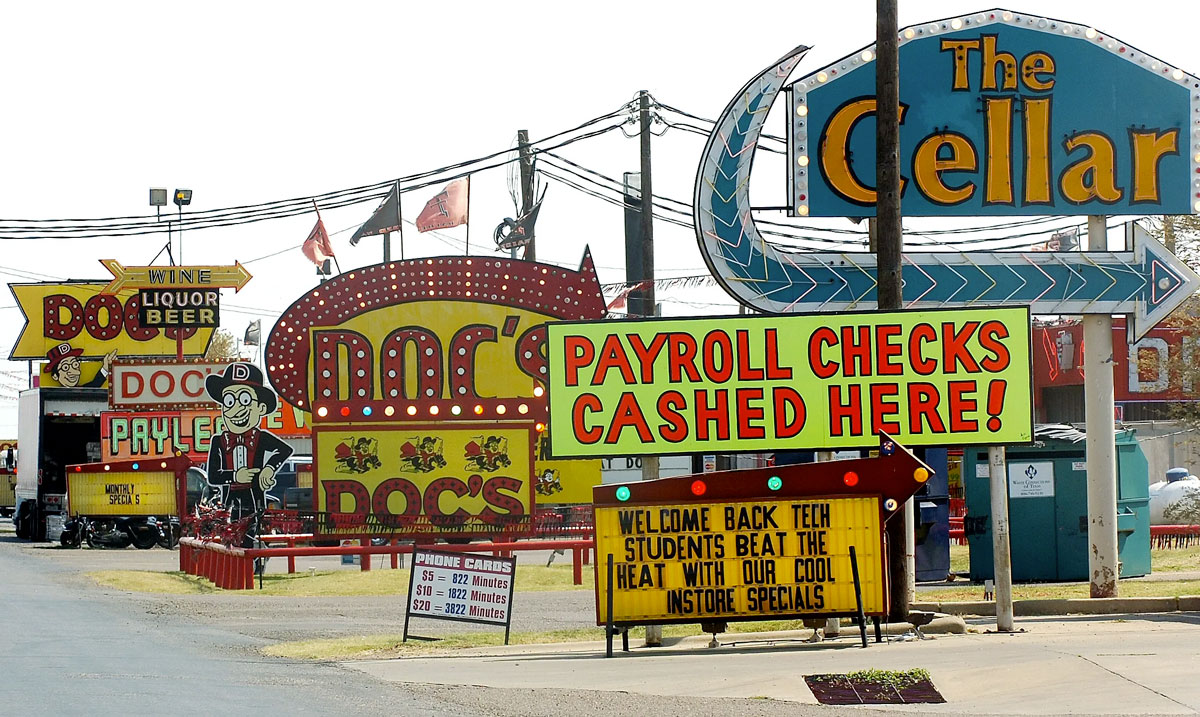For decades, Lubbock was the biggest “dry” city in Texas, where picking up a six-pack meant driving 40 minutes to the Strip—basically a glorified gas station row outside city limits that cashed in on Lubbock’s outdated prohibition rules. Now, in 2009, the city was finally preparing to vote on whether grown adults should be trusted to buy beer and wine at their neighborhood grocery store.
The debate was split right down the middle. On one side, “Truth About Alcohol Sales,” a group with strong Baptist ties, argued that lifting the ban would fuel domestic violence and corrupt the youth. On the other side, supporters led by “Lubbock County Wins” said maybe it’s time the city stopped treating its 210,000 residents like teenagers and let them buy alcohol without a road trip. Bonus: prices on the Strip were about 40% higher, thanks to their little monopoly.
Opponents framed it as a David vs. Goliath fight, pointing to Walmart’s $300,000 pro-booze war chest versus their meager $60,000 “keep it dry” budget. Supporters countered with a radical idea: freedom of choice and a chance to make Lubbock seem slightly less like a backwater when competing with other cities for jobs and talent.
Only in Lubbock could a trip to Walmart turn into a morality play about the collapse of civilization. Who knew a six-pack of Shiner could be such a threat to the “Bible Belt”?
https://www.theguardian.com/world/2009/may/08/lubbock-texas-alcohol-prohibition-vote

